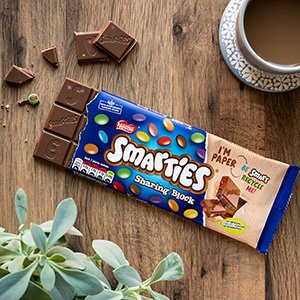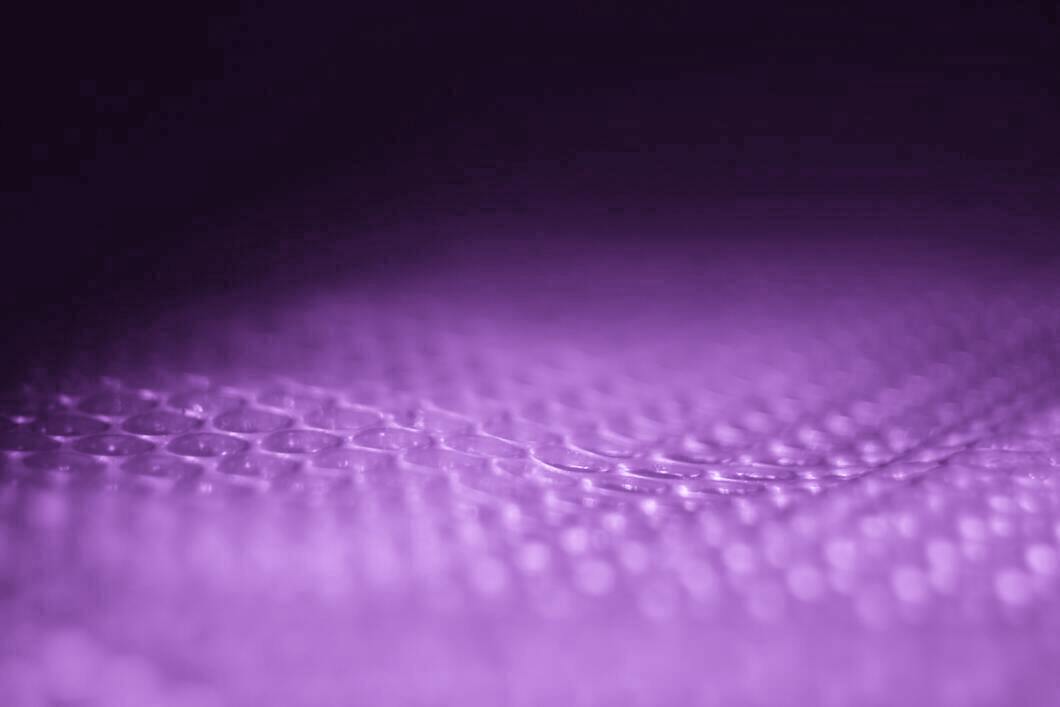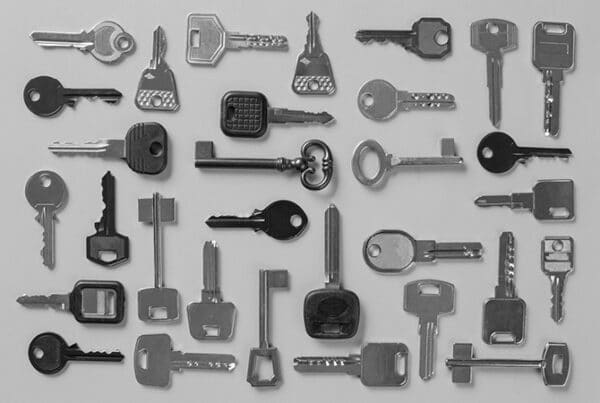The packaging industry is ever-changing as it responds to evolving environmental factors, social change and consumer habits. Coupled with new technologies and continuing pressures from regulatory and government bodies, trying to predict too far into the future is a challenge in itself.
With the industry set to reach over $1 trillion by 2021 (Smithers.com), sustainable and eco-friendly packaging has been largely dominating the market, with more businesses turning to responsible solutions. Brands like Smarties, Nestlé and Colgate are both prime examples, with Colgate launching their Smile for Good initiative, the “first ever” recyclable toothpaste tube, while Smarties moved its chocolate sharing block into recyclable paper wrappers back in June. According to thegrocer.co.uk, this is the first time the technology, which uses paper on high-speed production lines, previously designed for plastic or laminate, has been used at such scale.
UK-based packaging manufacturer Frugalpac has also unveiled a fully-recyclable paper-based bottle for wine and spirits, made from 94% recycled paperboard with a food-grade plastic liner to hold the liquid (foodbev.com), weighing just 83g, five times lighter than a normal glass bottle.
Exploring the Future of the Packaging Industry
As consumer buying habits change with time, what other trends are on the rise?

1. Smart packaging – we’ve already seen technical innovation playing a huge role and this is likely to become increasingly popular throughout the remainder of 2020 and beyond, as augmented reality (AR) enabled packaging is a simple way to update designs and tell a story, without the need for physical change. Overtime this will significantly change the way consumers interact with products.
2. We are also seeing a significant rise in private-label products, with shops offering product lines that contain a specific brand name unique to that store. The quality and range often give buyers better value for money as a result we’re seeing a surge in greater loyalty and advocacy for private label products.
3. E-commerce packaging is an area which has grown at a rapid pace, due to the Covid-19 pandemic. As products need to be delivered to the consumer safely and in an environmentally friendly manner, a direct-2-consumer strategy with consistent representation of pack on-line and on-shelf is high on the agenda for many brand teams.
4. Flexible packaging continues to be popular. Manufacturing reusable packaging, including wraps, bags, pouches and envelopes can extend product life cycles, improve packaging and product functionality, as well as reduce waste going to landfill.
We Are Amnet are continually looking at ways to support clients with their environmental footprint and push for sustainability in all aspects of their packaging designs. To find out how We Are Amnet can support your packaging premedia needs, contact us today at hello@weareamnet.com






